In a historic milestone for private space exploration, the American company Intuitive Machines has successfully landed its spacecraft on the lunar surface. This achievement marks the first time a privately developed vehicle has reached the Moon, signaling a new era in space commercialization and international competition. The mission, dubbed IM-1, represents a significant leap forward for NASA’s Commercial Lunar Payload Services (CLPS) program, which aims to leverage private sector innovation to advance lunar exploration.
The spacecraft, named Odysseus, touched down near the Moon’s south pole after a week-long journey from Earth. The landing was not without challenges—initial telemetry indicated a last-minute navigation issue, but the team managed to stabilize the vehicle just in time. Engineers at Intuitive Machines and NASA celebrated as confirmation of a stable landing arrived, though full operational status is still being assessed. The success of this mission could pave the way for more frequent and cost-effective lunar missions, reducing reliance on government-led space agencies.
The significance of this achievement cannot be overstated. For decades, lunar exploration was dominated by superpowers like the United States and the Soviet Union during the Cold War. Later, China and India joined the race with their own government-funded missions. Now, private companies like Intuitive Machines are proving that commercial entities can play a pivotal role in space exploration. This shift could democratize access to the Moon, opening doors for scientific research, resource extraction, and even future human settlements.
NASA played a crucial supporting role in this mission, providing funding and technical expertise under the CLPS initiative. The agency has been actively encouraging private companies to take on lunar missions as part of its broader strategy to return humans to the Moon under the Artemis program. By outsourcing some of the logistical challenges to commercial partners, NASA hopes to accelerate progress while cutting costs. The success of Odysseus demonstrates that this model is viable, at least for uncrewed missions.
However, the road to private lunar exploration has been rocky. Just last month, another U.S. company, Astrobotic Technology, attempted a similar feat but failed due to a propulsion leak shortly after launch. The contrasting outcomes of these two missions highlight the high-risk, high-reward nature of private space ventures. Intuitive Machines’ success may restore confidence in commercial lunar missions, attracting more investment and competition in the burgeoning space economy.
What’s next for Intuitive Machines and private lunar exploration? The company has already secured contracts for two additional missions, with the next one planned for later this year. Meanwhile, other firms, including SpaceX and Blue Origin, are developing their own lunar ambitions, ranging from cargo delivery to crewed landings. The Moon is no longer just a destination for nations—it’s becoming a frontier for private enterprise. As technology improves and costs decline, the lunar surface could see a surge in activity unlike anything since the Apollo era.
The IM-1 mission also carries scientific payloads that could yield valuable data about the Moon’s composition and potential resources. One instrument, developed by NASA, will study lunar soil for water ice—a critical resource for sustaining future human presence. Another will test navigation technologies for future missions. These experiments could have far-reaching implications, not just for exploration but for the feasibility of establishing a permanent lunar base.
Beyond science and commerce, the success of Odysseus has symbolic importance. It reaffirms American leadership in space at a time when geopolitical tensions are extending beyond Earth’s atmosphere. With China planning its own lunar base and Russia attempting to revive its space program, the U.S. now has a new ally in the private sector to maintain its competitive edge. The message is clear: the next chapter of space exploration will be written by both governments and corporations working in tandem.
For Intuitive Machines, the landing is just the beginning. Over the coming days, the team will monitor Odysseus’s systems and deploy its payloads. Every piece of data transmitted back to Earth will be scrutinized for insights that could refine future missions. If all goes well, this mission could be remembered as the moment when the Moon transitioned from a distant celestial body to a reachable destination for private industry.
The world will be watching closely as Odysseus begins its lunar operations. Its success or failure could shape the trajectory of commercial space exploration for years to come. One thing is certain: the rules of spacefaring are changing, and Intuitive Machines has just secured its place in the history books.

By Ryan Martin/Apr 10, 2025

By Benjamin Evans/Apr 10, 2025

By Joshua Howard/Apr 10, 2025

By David Anderson/Apr 10, 2025

By Joshua Howard/Apr 10, 2025

By Amanda Phillips/Apr 10, 2025

By Eric Ward/Apr 10, 2025
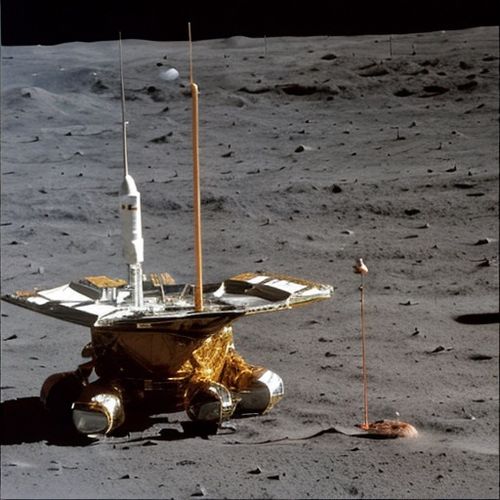
By Daniel Scott/Apr 10, 2025

By Victoria Gonzalez/Apr 10, 2025
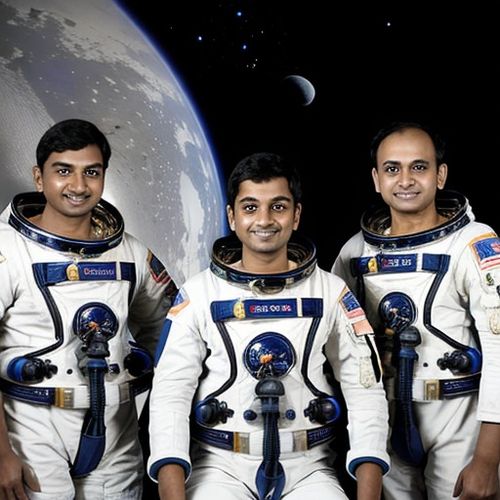
By Lily Simpson/Apr 10, 2025
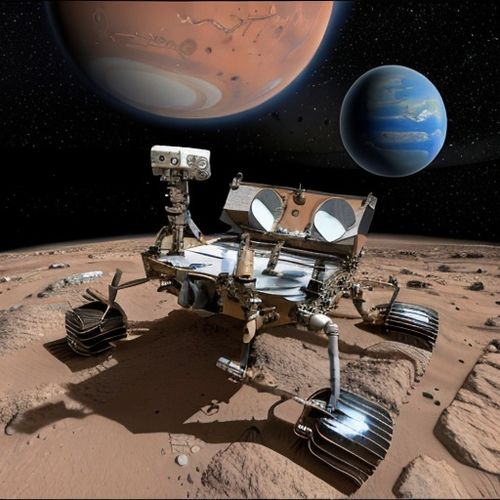
By Megan Clark/Apr 10, 2025
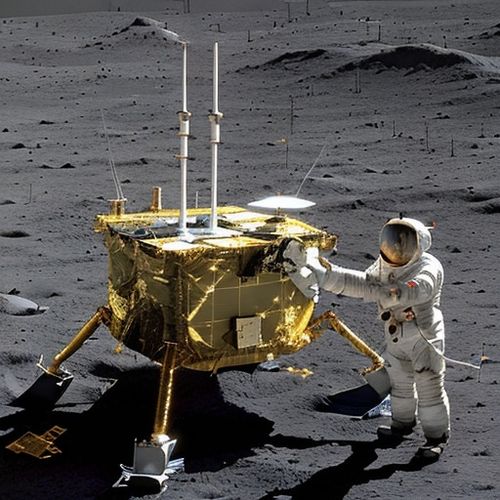
By Jessica Lee/Apr 10, 2025

By Jessica Lee/Apr 10, 2025
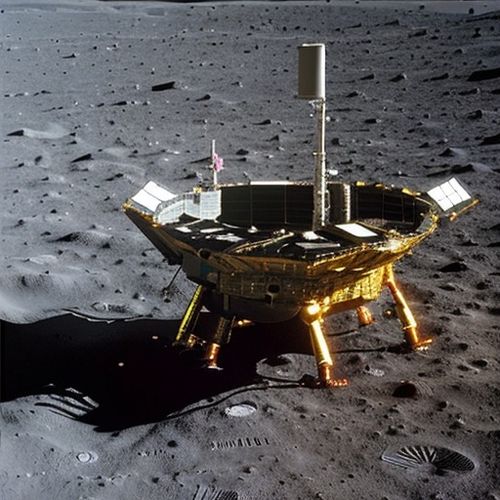
By Eric Ward/Apr 10, 2025
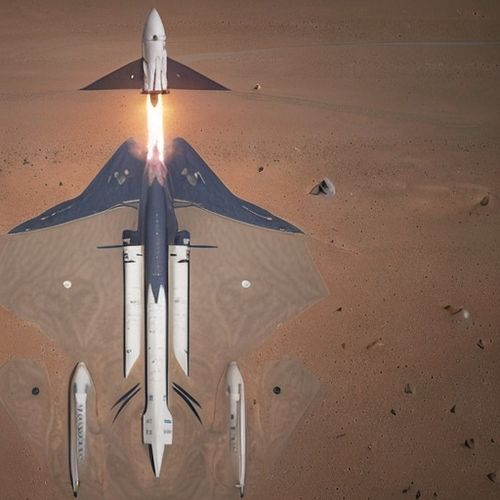
By Amanda Phillips/Apr 10, 2025
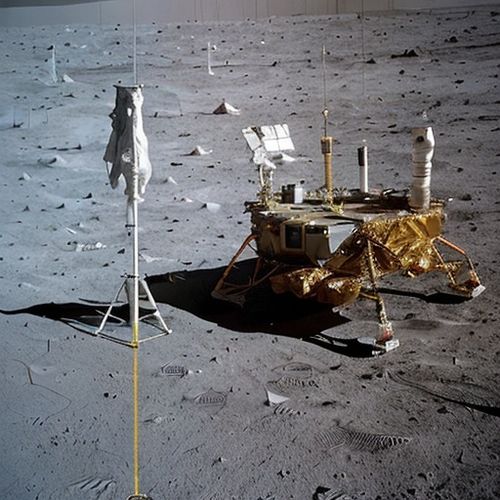
By Jessica Lee/Apr 10, 2025
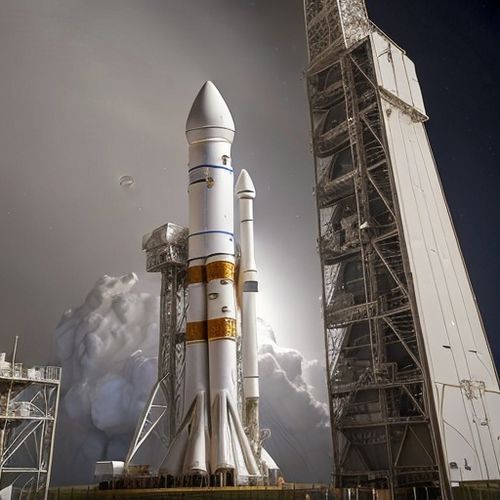
By Michael Brown/Mar 12, 2025
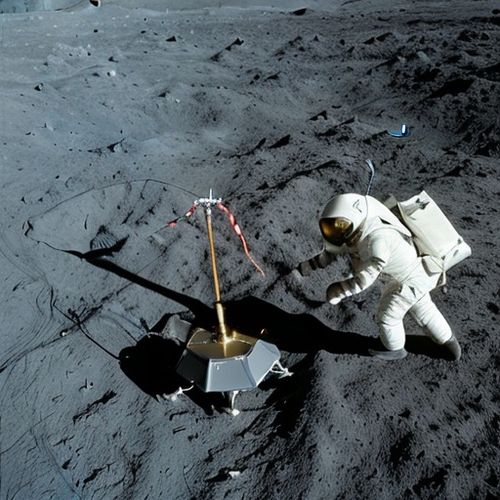
By Eric Ward/Mar 12, 2025
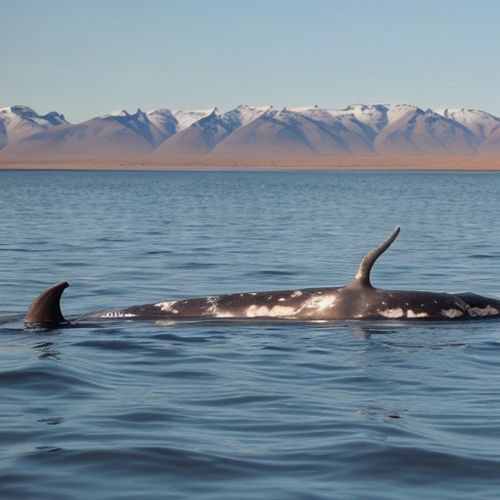
By Michael Brown/Mar 12, 2025
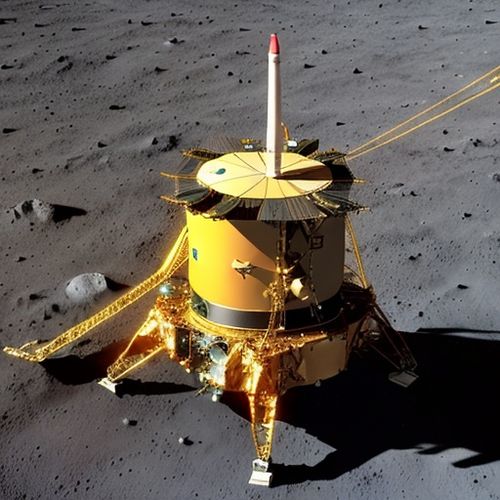
By Joshua Howard/Mar 12, 2025